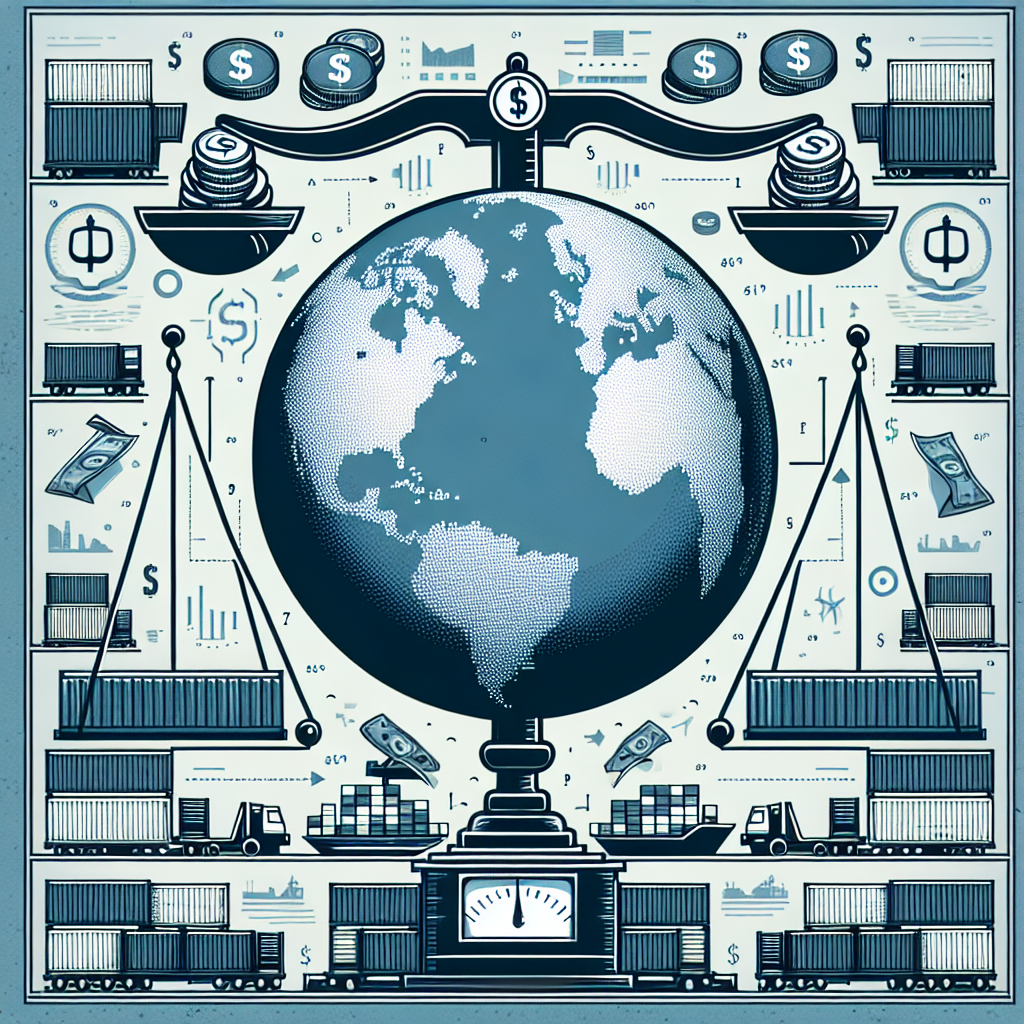Let me begin by saying – this isn’t just another impersonal analysis of global economics. No. This is a story about you, me, our neighbor down the street, and millions of others caught in the crossfire of escalating trade tensions.
The Issue at Hand
As I write this piece today, right now from my makeshift office amidst an ongoing pandemic isolation phase (it’s a spare bedroom if we’re being honest), we are all living witnesses to what can only be called a seismic shock in world trade relations.
My Position
I’ll make it clear straight away – much has been made about tariffs, policy changes and retaliatory measures but these features of a trade war aren’t what I’m focusing on. Instead my sights are set on the plethora of unseen casualties; the ripple effects reaching ordinary individuals like us.

Evidence Supporting My Position
‘Figures don’t lie’, they say – but figures also don’t tell stories [..]
thoughout this article I present case studies showing how many people across different industries have had their lives turned upside down because they were simply doing business as usual when this invisible ‘economic tsunami’ hit them unawares.’
.

Counterarguments
Rather than discarding counterarguments outrightly […], I have instead delved into some common narratives which suggest that any negative impacts may be temporary or even beneficial in the long run.
Real-World Examples
Expect to learn from stories as diverse as that of Mónica […], a small Argentine vineyard owner grappling with fluctuating import taxes, to John from Ohio […]
.

Historical Precedents

In this section I unfold some surprising historical precedents revealing how trade wars have been pivotal […] but also contributed to unforeseen societal changes and power shifts.
.
Personal Experience
[…] My personal journey through this economic upheaval is an added layer of authenticity […]
.

A Call for Action – Why This Issue Demands Attention Now?
I urge our policy makers […]. Unless we wake up to these real costs, we are setting ourselves up for further divisiveness and disappointment.’

 Moving forward into the 21st century amidst increasing globalization […] we must ensure that history doesn’t repeat itself on our watch.
Moving forward into the 21st century amidst increasing globalization […] we must ensure that history doesn’t repeat itself on our watch.
.

